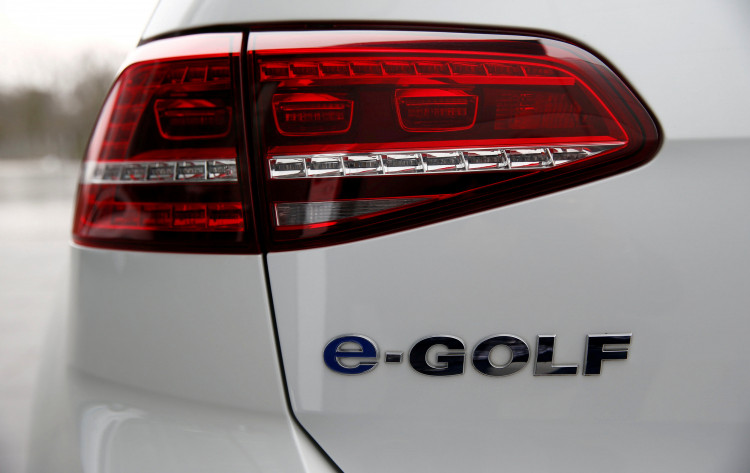LG and Samsung's automotive battery industry hopes to gain from the promising Chinese market after their painful investment loss. The companies struggled in China's market after the Chinese government released a list of battery suppliers three years ago that were given government subsidies which did not include foreign firms.
Since the announcement of the list LG Chem and Samsung SDI were beaten by its rivals led by Contemporary Amperex Technology (CATL) and BYD Co over the world's biggest electric vehicle batteries market.
Recently, China is showing signs that it is opening its car battery market. These sparked the enthusiasm of South Koreans to increase their investments despite the trouble of repurposing existing Chinese production for China's exports.
LG Chem announced in July that they are planning to invest 2 trillion won to build its second China car battery which will start its operation in October 2019. Similarly, SK innovation also said that they are planning to spend 400 billion won to be invested in a China plant that will produce parts of EV batteries.
Michael Son, Samsung SDI's executive vice-president, announced that they are planning to expand China battery capacity and he noted that they are preparing for a gradual change in what they describe as China's "protectionist policy". He said that Samsung is currently in touch with Chinese automakers.
China's drive to advertise electric vehicles aims to combat pollution in the country. The economic giant's US$13 billion annual sales account for 61 percent of the world's car battery market. China's economy is vital to the growth of LG Chem and Samsung SDI to retain their position as the world's No.4 and No.6 automotive battery makers.
Mr. Son, however, is concerned about how fast the Chinese battery makers are growing. He said that the survival and the success of their venture will be determined after three critical years. Sources claim that the South Koreans decided to further invest after rumors circulated that the Chinese government plans to phase out subsidies for electric cars and plug-in hybrids by 2020. The South Koreans are also encouraged after the Chinese government will also release a new "white list" of approved battery suppliers published by two auto industry associations in May which included LG Chem, Samsung SDI, and a venture between SK Innovation and China's BAIC Group. The list counters the last list that denies foreign firms in the Chinese Market. According to a source, the list was made as the Chinese government thinks that it is time to open the market because of its confidence to Chinese products.





